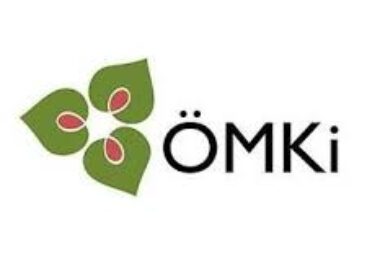Quality is guaranteed – even at the time of pandemic!

Tamás Vadasi
food safety business
unit manager
Wessling Hungary
The coronavirus pandemic forced executives to rethink their business plans and make changes if necessary, and the regularly issued new quality assurance and food safety regulations required flexibility and rapid reaction. Tamás Vadasi, food safety business unit manager of Wessling Hungary Kft. told: most companies started cutting costs because they were afraid of the impact of the pandemic, and this affected product innovation-related testing too. Attila Papp, senior food safety auditor of TÜV Rheinland InterCert Kft. spoke about standard owners first quickly introducing temporary measures, and later they developed various forms of remote inspections. Krisztina Vatai, business development director of GS1 Magyarország talked to our magazine about the way forward: data sharing between complete supply chains.
Prevention has become important

Attila Papp
senior food safety auditor
TÜV Rheinland InterCert
Mr Papp reckons that introducing the 7th version of the IFS standard from 1 July 2021 will result in new challenges for food companies. Ms Vatai is of the opinion that those food companies that will be among the first to communicate the transparency of their own supply chains with a strong marketing campaign are going to have a competitive advantage.
Mr Vadasi informed us that the coronavirus pandemic generated demand for services that can contribute to prevention, e.g. detecting coronavirus in the air, on various surfaces.
Swift reaction is essential

Krisztina Vatai
business development director
GS1 Magyarország
In recent years traceability has become important for GS1 Magyarország too, so they develop marketing materials, educational content and solutions, and restructure the training of workers. One of the top strategic goals for TÜV Rheinland InterCert Kft. is increasing the proportion of food safety certifications and offering more related training courses at the TÜV Rheinland Academy. Wessling managed to react quickly to the new-type market needs. They can now offer most of their services with a shorter deadline than before, and they developed large capacity for coronavirus detection tasks //.
Related news
Producers are being attacked without reason – Hungarian apples are healthy and safe
🎧 Hallgasd a cikket: Lejátszás Szünet Folytatás Leállítás Nyelv: Auto…
Read more >Related news
GDP growth in OECD member countries slowed to 0.3 percent in the last quarter of last year
🎧 Hallgasd a cikket: Lejátszás Szünet Folytatás Leállítás Nyelv: Auto…
Read more >








